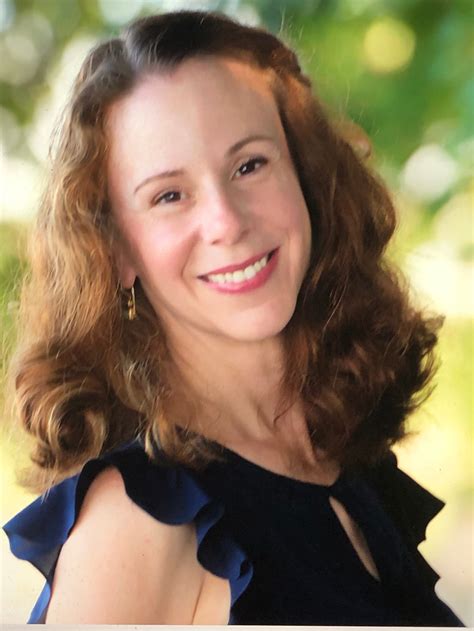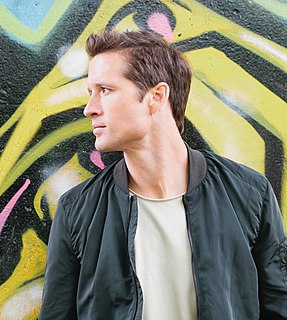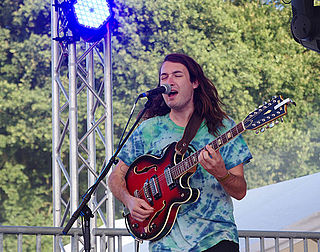A Quote by Natalia Lafourcade
The Macorinos and me - there's a big space between our generations. The people I was used to work with, we will do everything faster. And the Macorinos were more, like, calm. They were patient with music, and they were paying a lot of attention to the details.
Related Quotes
All those people who went out [to Occupy Wall Street] missed work, didn't get paid. Those were individuals who were already feeling the effects of inequality, so they didn't have a lot to lose. And then the individuals who were louder, more disruptive and, in many ways, more effective at drawing attention to their concerns were immediately castigated by authorities. They were cordoned off, pepper-sprayed, thrown in jail.
But in order to survive in this foreign world, I had to teach myself that love was very much like a painting. The negative space between people was just as important as the positive space we occupy. The air between our resting bodies, and the breath in our conversations, were all like the white of the canvas, and the rest our relationship- the laughter and the memories- were the brushstroke applied over time.
Our friendship was like our writing in some ways. It was the only thing that was interesting about our otherwise dull lives. We were better off when we were together. Together we were a small society of ambition and high ideals. We were tender and patient and kind. We were not like the world at all.
I was the first records editor at Rolling Stone, and there were no rules. There was nothing to fall back on as to how do you write about this kind of music, so people were trying absolutely everything with a great sense of freedom and experimentation and success and failure, and a feeling of, “My God, people are actually paying attention to this. Let’s pretend they aren’t because we don’t want to be intimidated by what somebody might think of what we’re saying.
We found ourselves becoming more serious about playing music than our friends were - or just more committed and had more meaningful connections. I realized then that I would probably be playing in bands for the rest of my life; that that's what made me happy. Even though it's awesome that people are paying attention - buying records or selling shows out - I never have that conscious thought about, "this is going to be the band that will tour the world."
In most places and times in human history, babies have had not just one person but lots of people around who were really paying attention to them around, dedicated to them, cared to them, were related to them. I think the big shift in our culture is the isolation in which many children are growing up.
Just from my own experience, a lot of the comedians I used to work with were miserable in their actual lives. I think you need to be able to see a lot of negative in things in order to extract material, so there's probably something to that. A lot of the people I used to work with were very, very, very unfunny offstage, so that's a pretty common thing.
I am much more understanding of people than I used to be when I was young - people were either villainous or wonderful. They were painted in very bright colours. The bad side of it - and there is a corollary to everything - is that when we get older, we fuss more. I used to despise people who fussed.
The newspaper stories were like dreams to us, bad dreams dreamt by others. How awful, we would say, and they were, but they were awful without being believable. They were too melodramatic, they had a dimension that was not the dimension of our lives. We were the people who were not in the papers. We lived in the blank white spaces at the edges of print. It gave us more freedom. We lived in the gaps between the stories.
When Brad and I got married in 2008, it got a lot of attention. And all the attention was over the fact that we were two men, but people were hardly conscious of the fact that we were entering into an interracial marriage. That's wonderful, because it was only 50 years ago with Loving v. Virginia that interracial marriages were made legal.




































